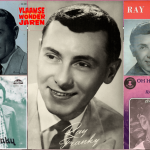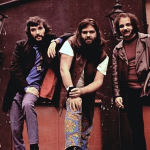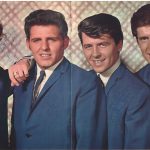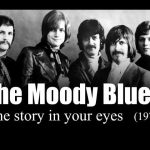🎸 Bass Legends: Les Claypool & Flea – The Iconic Duo of the 90s 🤘
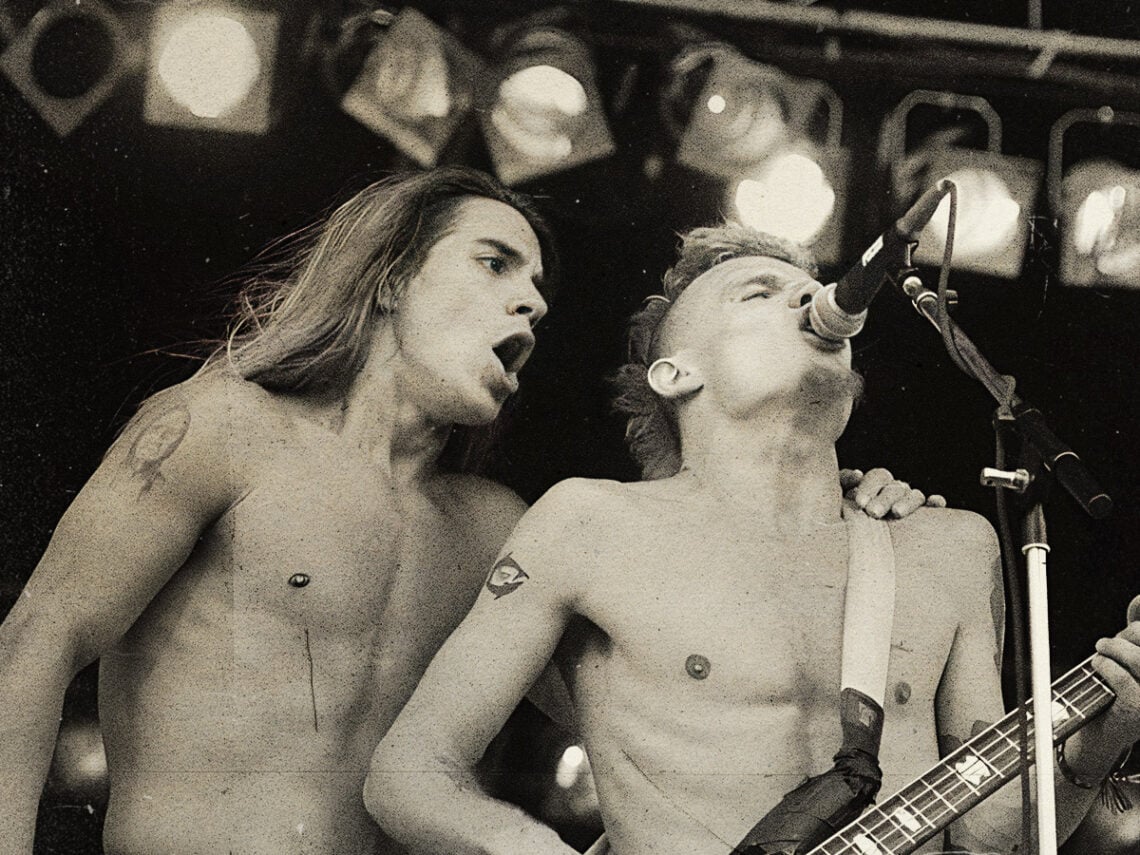
For anyone who embraced rock and funk music in the 1990s, the names Les Claypool of Primus and Flea of Red Hot Chili Peppers are instantly recognizable. The sight of them together from that decade doesn’t just evoke a deep sense of nostalgia; it also stands as a testament to a golden era of bass innovation. Both artists were true pioneers, pushing the boundaries of their instrument and leaving an indelible mark on music history.

Les Claypool: The Master of Eccentric Bass Wizardry 🎣
Les Claypool, the enigmatic frontman of Primus, is renowned for his bizarre, quirky, and utterly distinctive bass playing. He’s not just a bassist; he’s a composer, vocalist, and showman. Claypool’s style is often described as a fusion of funk, progressive rock, and metal, yet delivered with a completely unconventional approach. Instead of traditional bass lines, Claypool frequently employs tapping, slapping, popping, and flamenco-style strumming to craft intricate melodies, eerie thrums, and haunting growls. His bass isn’t merely the rhythmic foundation; it’s the lead voice, the very soul of the band.
Throughout the 90s, with albums like Sailing the Seas of Cheese (1991), Pork Soda (1993), and Tales from the Punchbowl (1995), Claypool led Primus to cult status and mainstream recognition. Their music was brimming with dark humor, surreal narratives, and bass riffs that consistently left listeners bewildered and amazed. He proved that the bass could be a dominant, storytelling instrument, leading the musical narrative in a uniquely challenging way.

Flea: The Explosive Energy of Funk-Rock 🌶️
Concurrently, Flea (Michael Balzary), the powerhouse bassist for Red Hot Chili Peppers, brought a different kind of explosive energy to the forefront. Flea’s style is a blistering combination of funk, punk, and rock, characterized by his aggressive, relentless, and deeply groovy bass lines. His signature slapping and popping techniques became instantly iconic, driving the compelling and vibrant rhythms that served as the relentless engine for RHCP’s anthems.
The 90s saw RHCP ascend to global superstardom with albums such as Blood Sugar Sex Magik (1991), One Hot Minute (1995), and Californication (1999). Flea was not only an exceptional musician but also a captivating stage performer, known for his electrifying presence and raw, uninhibited energy. He demonstrated that the bass could be an instrument of profound emotion, connecting directly with the listener’s soul through passionate and high-octane grooves.

The Unspoken Connection Between Two Legends 🤝
Despite their distinct styles, both Claypool and Flea shared a common ethos: to break all the rules and relentlessly experiment. They weren’t just masterful bassists; they were visionary artists who inspired countless musicians and bands. Seeing them “hanging out” in the 90s is truly a treasured moment, reminding us of a period when creativity and individual expression were highly celebrated in music.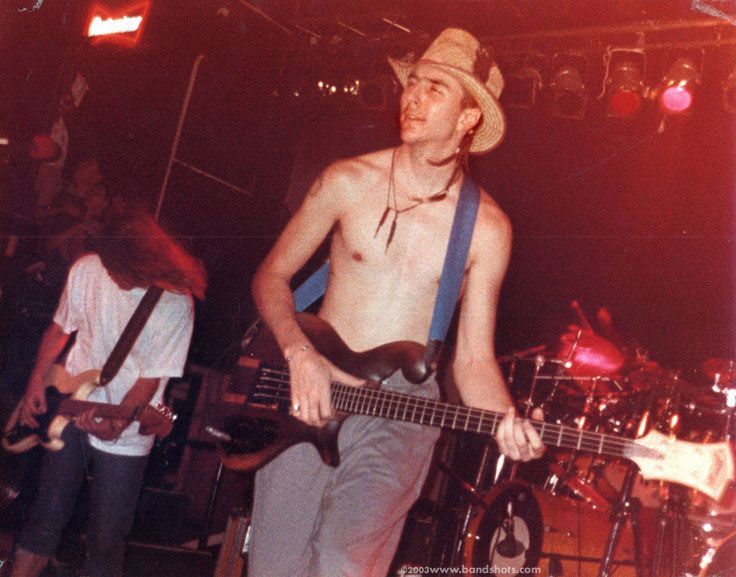
The legacies of Les Claypool and Flea endure to this day, continuing to influence new generations of musicians and proving that the bass is far more than just a background instrument—it’s the heart and soul of the music.
